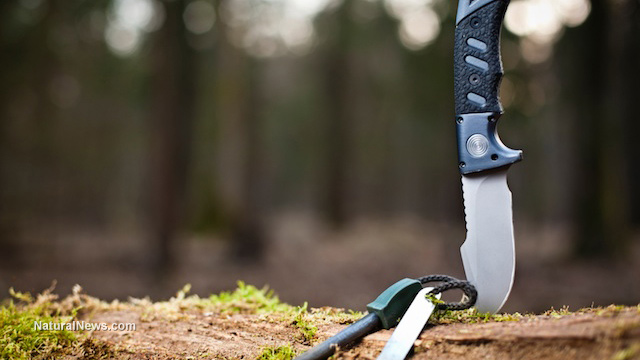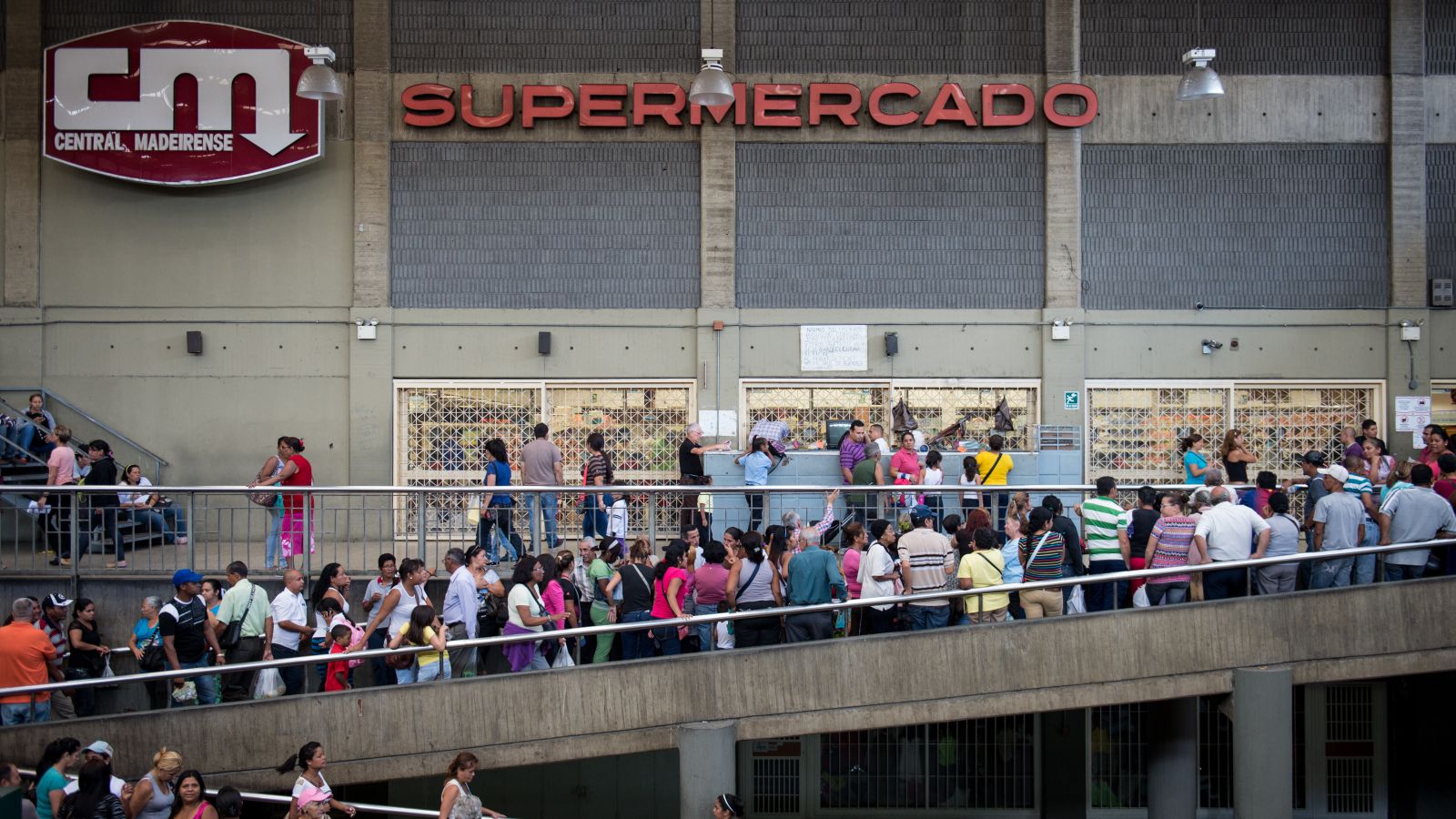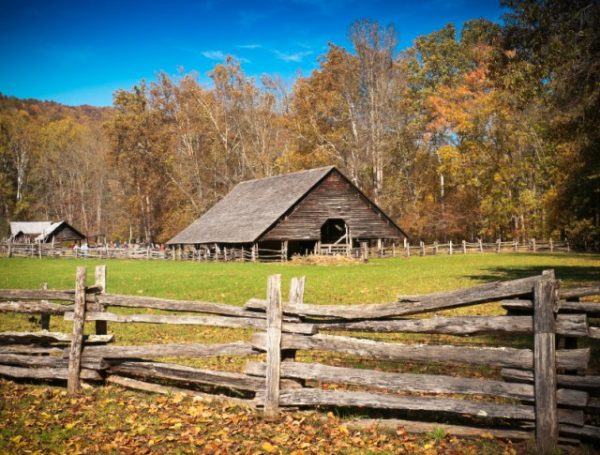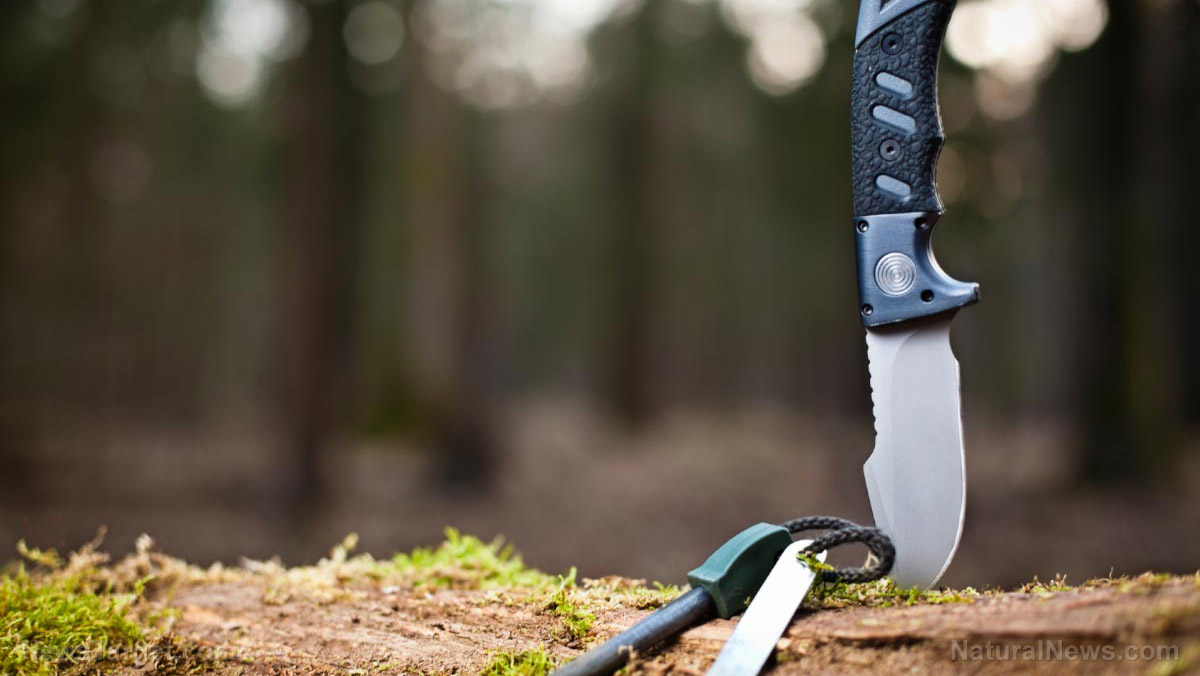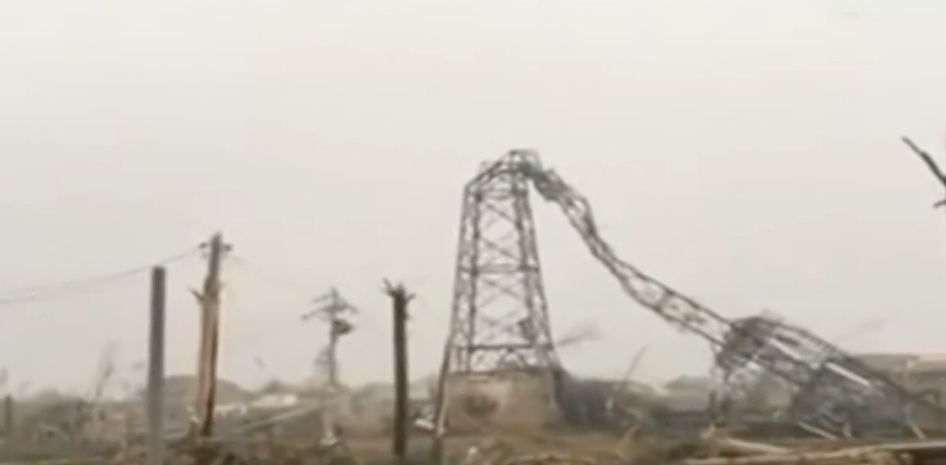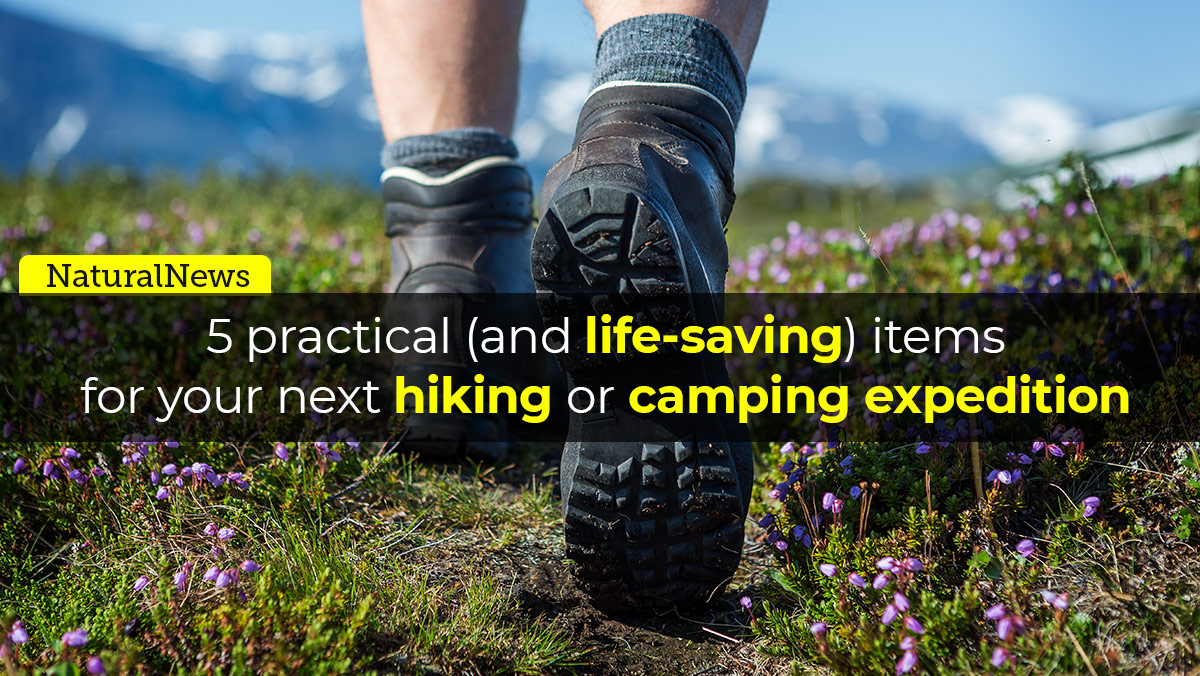Prepping on a budget? Simple preps you can achieve with limited cash
05/07/2018 / By Jessica Dolores
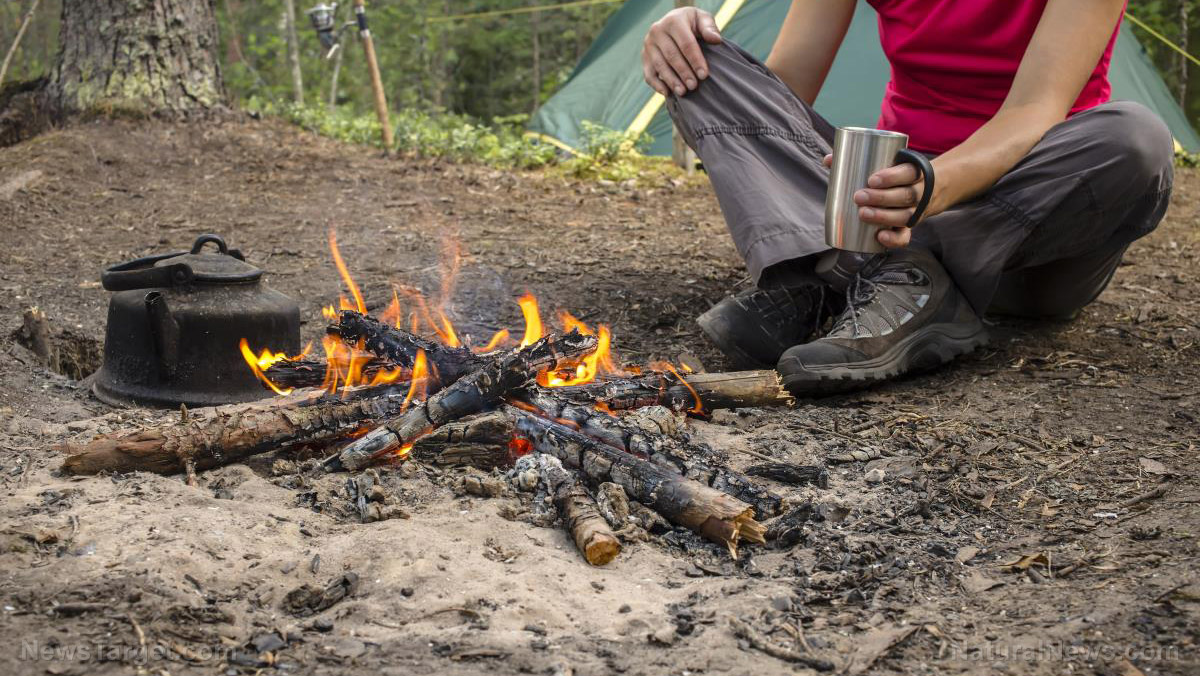
Being low on cash should not mean being low on preparedness. You can do many things to make sure you’re not caught unawares when disaster strikes when you least expect it. Here are some low-cost preps you can do. (h/t to BeansBulletBandagesandYou.com.)
- Honing your skills – Sharpen your skills in map reading should you need to find a way out without GPS. Practice lighting a fire in the absence of an electric oven. Brush up on what you learned about building a makeshift tent. You never know when this will come in handy.
- Learning to survive– Check out prepper sites, tips from the Red Cross on such skills as first aid, rescue, emergency response, and others. Surf the net for how-tos on making beds out of discarded cushions, cooking food using firewood, and other survival musts. You can also check out the dozens of prep books in your nearest public library.
- Planning about hygiene – What will you do if the power’s out for many days and your sewerage system stops working? You don’t want to spread viruses and become the source of offensive odors, do you? Get a shovel and try digging a six-inch cat-hole. You can just squat over the hole and relieve yourself. Once done, get your shovel, fill the hole, pat it down, and walk away. But catholes are not for communities or families sharing the same space. Poop tubes offer a better option. You’ll need a PVC pipe (most people go for a tube around a foot long and four to five inches wide) and caps for both ends. Plastic bags and other airtight, lightweight containers, like a medium-sized drum to contain weight can also serve the purpose for a short period of time.
- Preparing an emergency bag – Put in as many items as you can. This includes food, clothes, a matchbox, face towels, utensils for eating utensils, medicine, bandages, knives, cups, drinking glasses, a pair of scissors, pen and paper, and others. Keep the emergency bag in a readily-accessible place at home where anyone can see and get it.
- Stocking up on food – Buying in bulk may sound expensive, but it will save you from making frequent trips to the store. Stock up on non-perishable food like boxes of pasta or oatmeal which you can seal and keep in your pantry. (Related: Get started prepping with these simple, easy steps.)
- Thinking about where you can reunite with loved ones – When the cell sites are jampacked, and you and your loved ones are away from each other, do you know where you can meet up? Agree on a familiar place where you can find one another. Factor in areas with heavy traffic, roadblocks, and ongoing repair work which could block your path. Avoid bridges that could collapse at the height of a disaster.
- Water – Along with food, nothing is more important to survival than water. Just collect some bottles, fill them with water, and keep them where they won’t freeze. Closet bottoms are good since you can cover them with blankets or shoes. Just remember to refill or replace them once a year. You should also boil the water for around ten minutes to make sure it’s free from toxins. If you can’t boil the water, try disinfecting it with household bleach. Choose regular, unscented chlorine bleach products for disinfection and sanitization as stated on the label. Double the amount of bleach if water is cloudy.
It also pays to be physically and mentally fit. It will give you the stamina to walk or run long distances, forego sleep, plan escape routes, and do other things to survive a disaster.
Modern technology can predict with some accuracy when a natural calamity like a hurricane is coming. But it cannot tell you exactly when man-made disasters, like a missile attack, will occur. That’s when prepping can come in, and save the day.
Sources include:
Tagged Under: disaster, disaster preparedness, disaster survival, emergencies, emergency bag, emergency water, everyday prepper, food stock, food supply, preparedness, prepping, prepping tips, preps, survival



